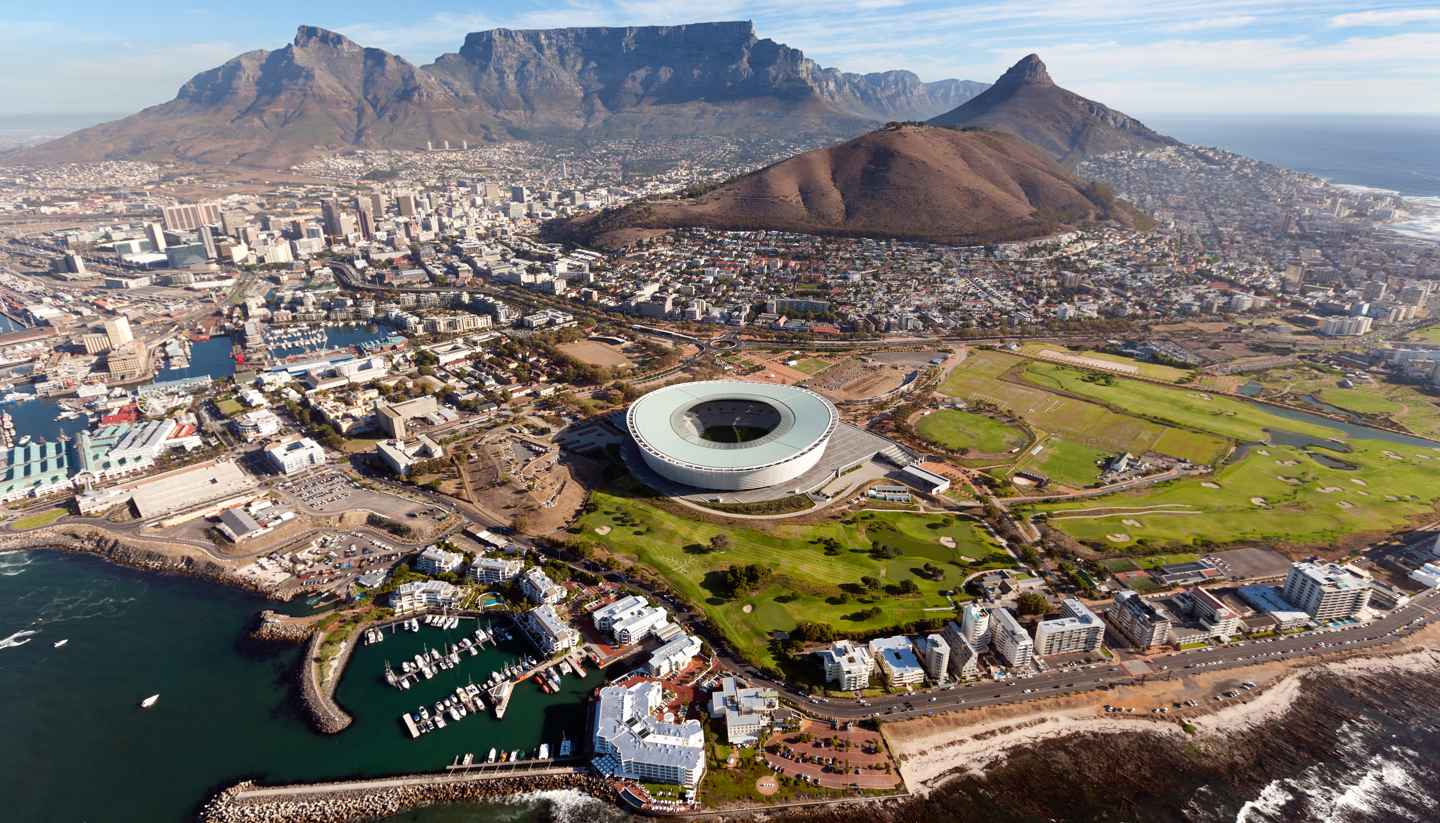Money and duty free for South Africa
Currency and Money
Currency information
Rand (ZAR; symbol R) = 100 cents. Notes are in denominations of R200, 100, 50, 20 and 10. Coins are in denominations of R5, 2 and 1, and 50, 20, 10 and 5 cents.
Credit cards
MasterCard and Visa are preferred. American Express and Diners Club are also widely accepted. ATMs are available in all towns, cities and shopping malls and most petrol stations, and accept international cards. Almost all hotels, shops, restaurants, national parks and game reserves accept credit cards. They are now acceptable at most petrol stations too, but since that is a relatively new measure, it’s worth checking before you fill up.
ATM
ATMs are available in all towns, cities and shopping malls and most petrol stations, and accept international cards. Be alert when using ATMs, and do not accept help from anybody as conmen are adept at switching cards. Check your statements afterwards for a few weeks too, as cloning machines are occasionally planted in ATMs. More obviously, be aware of who is hanging around and don’t withdraw money if your instinct tells you not to.
Travellers cheques
Traveller's cheques are no longer popular.
Banking hours
Mon-Fri 0900-1530, Sat 0830-1100.
Currency restrictions
The import of South African rand in cash (as securities or in gold) is unlimited, but must be declared when the amount exceeds the equivalent of R25,000 and an import permit must be presented. Export of rand is limited to the amount brought in for non-resident travellers.
The import of foreign currency must be declared when amounts exceed the equivalent of US$10,000. The export of foreign currency is limited to the amount declared upon entering South Africa.
Currency exchange
Money can be changed at banks, bureaux de change and some hotels. Proof of identity may be required so take your passport.
South Africa duty free
Overview
The following goods may be imported into South Africa by passengers without incurring customs duty:
• 200 cigarettes and 20 cigars and 250g of tobacco (18 years and over).
• 1L of spirits or liqueurs and 2L of wine (18 years and over).
• 50ml of perfume and 250ml of eau de toilette.
• Other goods up to a value of R5,000 (R25,000 if arriving from Botswana, Lesotho, Namibia or Swaziland); this allowance is valid once per person in a 30-day period and only if you have been out of the country for at least 48 hours.
Please note: The online Traveller Declaration can already be used at some seaports, land ports and at the following airports King Shaka International Airport (KSIA), Cape Town International Airport (CTIA) and OR Tambo International Airport (ORTIA).
Banned Imports
Prohibited goods include narcotics, fully automatic, military and unnumbered weapons, explosives and fireworks, poison and toxic substances, cigarettes with a mass of more than 2kg per 1,000, counterfeit goods, unlawful reproductions of any works subject to copyright, and prison-made goods.
Import Restrictions
Restricted goods requiring an import permit include firearms and weapons, South African bank notes in excess of R25,000, gold coins, coin and stamp collections, unprocessed gold, endangered species, food, plants, animals and their products, biological goods, herbal products and medicines (excluding three months' personal supply accompanied by a letter or certified prescription from a registered doctor).
Banned Exports
You may require a licence to export precious stones or minerals.




